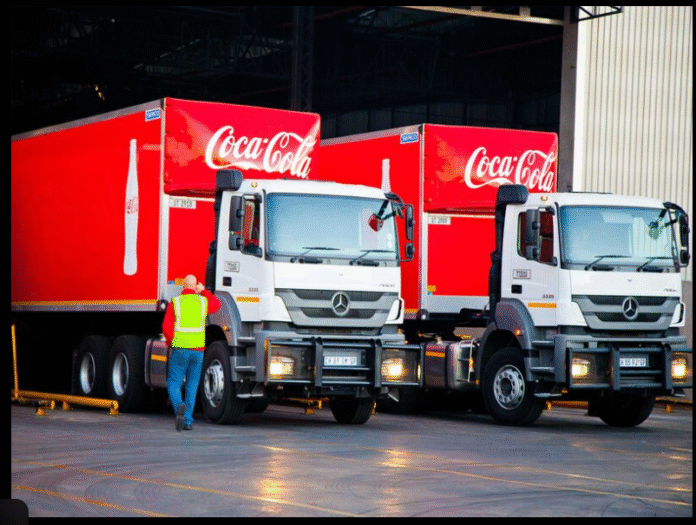Acquisition Highlights
Swiss-based bottler Coca-Cola HBC AG has struck a major deal to acquire a 75% stake in Coca-Cola Beverages Africa (CCBA), marking a significant re-orientation of the beverage sector in Africa. The agreement, announced on 21 October 2025, values CCBA’s full equity at US$3.4 billion, with Coca-Cola HBC paying roughly US$2.6 billion for the controlling interest.
Under the terms, The Coca‑Cola Company will sell its approximately 41.52% stake in CCBA, while Swiss-based bottler will acquire the 33.48% currently held by Gutsche Family Investments (GFI). After completion, Coca-Cola will retain the remaining 25% of CCBA, and Coca-Cola HBC holds the option to acquire that stake within six years.
Strategic Rationale
The acquisition brings together two major bottlers across Africa, giving Coca-Cola HBC a commanding footprint. Post-deal, Coca-Cola HBC will represent about two-thirds of all Coca-Cola system volumes on the continent, covering over 50% of Africa’s population.
CCBA itself spans 14 African markets and accounts for roughly 40% of Coca-Cola’s volumes in Africa. The move aligns with a broader strategy of refranchising bottling operations, allowing the brand owner to emphasise marketing and innovation while specialist bottlers drive production, distribution and local growth.
Market Impact & Challenges
- Growth potential: Africa’s youthful population (in many of these 14 markets, over 60% are under age 30) and rising per-capita consumption present a significant opportunity for beverages.
- Scale and synergy: By integrating CCBA into its operations, Coca-Cola HBC can leverage its existing logistics, bottling experience and brand portfolio to accelerate growth in African markets.
- Risks: Emerging-market volatility, regulatory approvals (the deal targets completion by the end of 2026), and integration difficulties remain.
- Strategic listing: Coca-Cola HBC plans a secondary listing on the Johannesburg Stock Exchange to underscore its African commitment.
Outlook
If successfully executed, this acquisition marks one of the biggest movements in Africa’s consumer-goods arena and signals confidence in the continent’s growth story. For investors and market watchers, a key question will be whether the integration drives improved margins, higher volumes and strong local growth or whether the usual emerging-market headwinds (currency, infrastructure, consumer spending) will temper the outcome.

